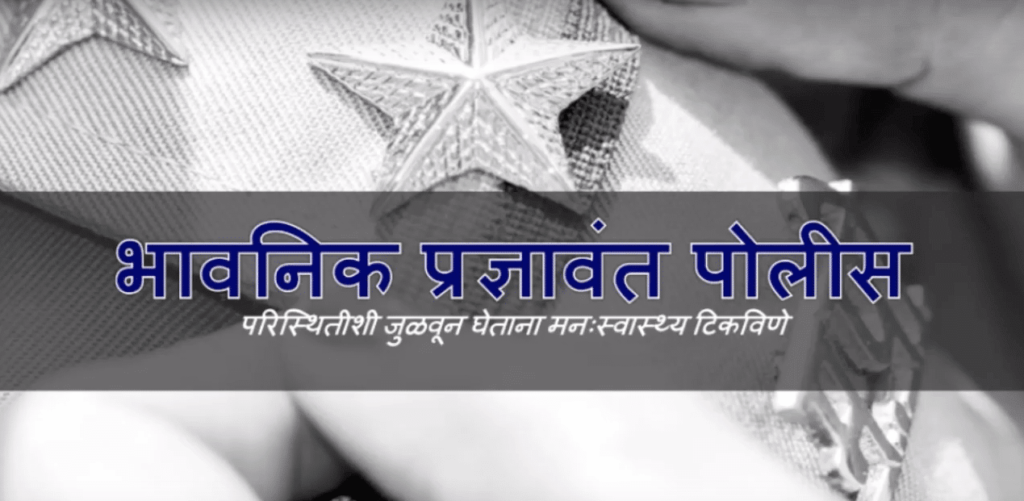Maharashtra Police Academy (MPA) is a pioneer institution that has completed 100 years in 2007. Being one of the largest police forces in India, Maharashtra Police personnel are stationed across geographies and training for various skills is of utmost importance. Policemen need to be professionally competent to perform certain functions while having the right skills and attitude.
As a part of their training program, they are also trained on work and life balance through the practice of necessary life skills. The training was facilitated through traditional methodologies which were time-consuming and costly given a large number of policemen, different location, and mostly their availability for training due to high-stressed long hours of duty.
MPA was seeking a solution to modernize the current police training as they wanted to train policemen on the essential life skill of Emotional Intelligence (EI).
Cognigix’s Solution for Emotional Intelligence training at Maharashtra Police Academy
For a learning audience of over 10,000 policemen of MPA, Cognigix created and delivered a blended learning program. The blended learning approach comprised of classroom sessions followed by digital content like eLearning courses, videos, infographics, quizzes and recaps of every module. The custom content was created in the Marathi language and delivered through a customized app created by Cognigix. The app made the training self-paced and ensured anywhere, anytime learning.
Leveraging Digital Learning
E-learning
There were several real situations stories that were converted in case studies and roleplay for better understanding of Emotional Intelligence.
Videos
Several videos were created (5-6 minutes) wherein faculty of selected trainers from the different PTCs imparted learning on the dimensions of Emotional Intelligence. Video learning nuggets helped the learners comprehend the Emotional Intelligence framework, its different dimensions, behaviours, and ways to develop EI for better policing.
Videos acted as a great engagement, as it allowed the learners to relate themselves and everyday situations, triggering empathy and less like training.
Infographics:
Infographics were created that defined Emotional Intelligence, dimensions and applicable behaviours for the police officers to understand and refer to when they faced on the job stressful emotionally charged situations.
Quizzes:
Each course had a quiz at the end to test the knowledge and comprehension. The scores acquired in these quizzes formed a basis for rewarding participants at the end of the program.
Recaps:
The learners were also provided with recorded audio at the end of every module, to recap the concepts and frameworks covered during the program.
Adoption was one of the larger concerns. A systematic, scheduled, and detailed strategy for adoption of the ‘Emotionally Intelligent’ program was created. The detailed plan comprised of dates for regular follow-ups, on-site strategies, strategies for social media promotions like WhatsApp flyers blasts, weekly rewards, targeted calling, standees and posters were created to encourage learners to complete the training. Regular analysis of the complete data was done to modify their adoption strategies depending on the rise and fall of adoption percentage.
Results of Learning Experience.
-
- • A large number of the Maharashtra police personnel were trained on applying emotional intelligence to handle unruly situations in a limited time.
-
- • The eLearning module received more than 95% positive rating on all evaluation parameters.
-
- • The average adoption (online module completion) rate is 90%.
-
- • The training was highly appreciated and acknowledged as a significant achievement of a milestone by MPA.
-
- • A huge cost and time were saved.

